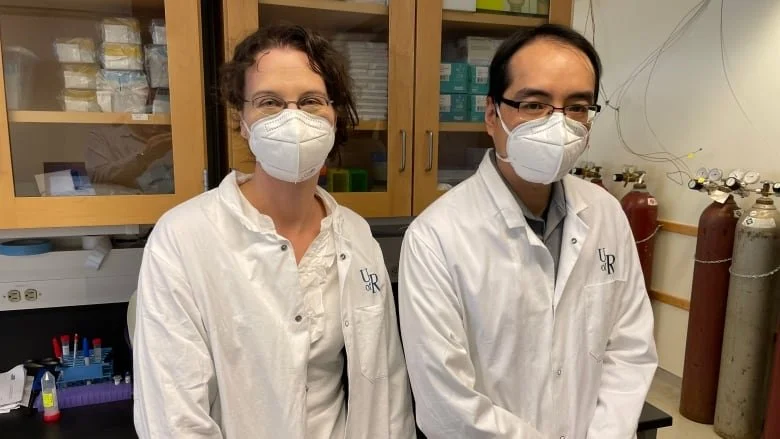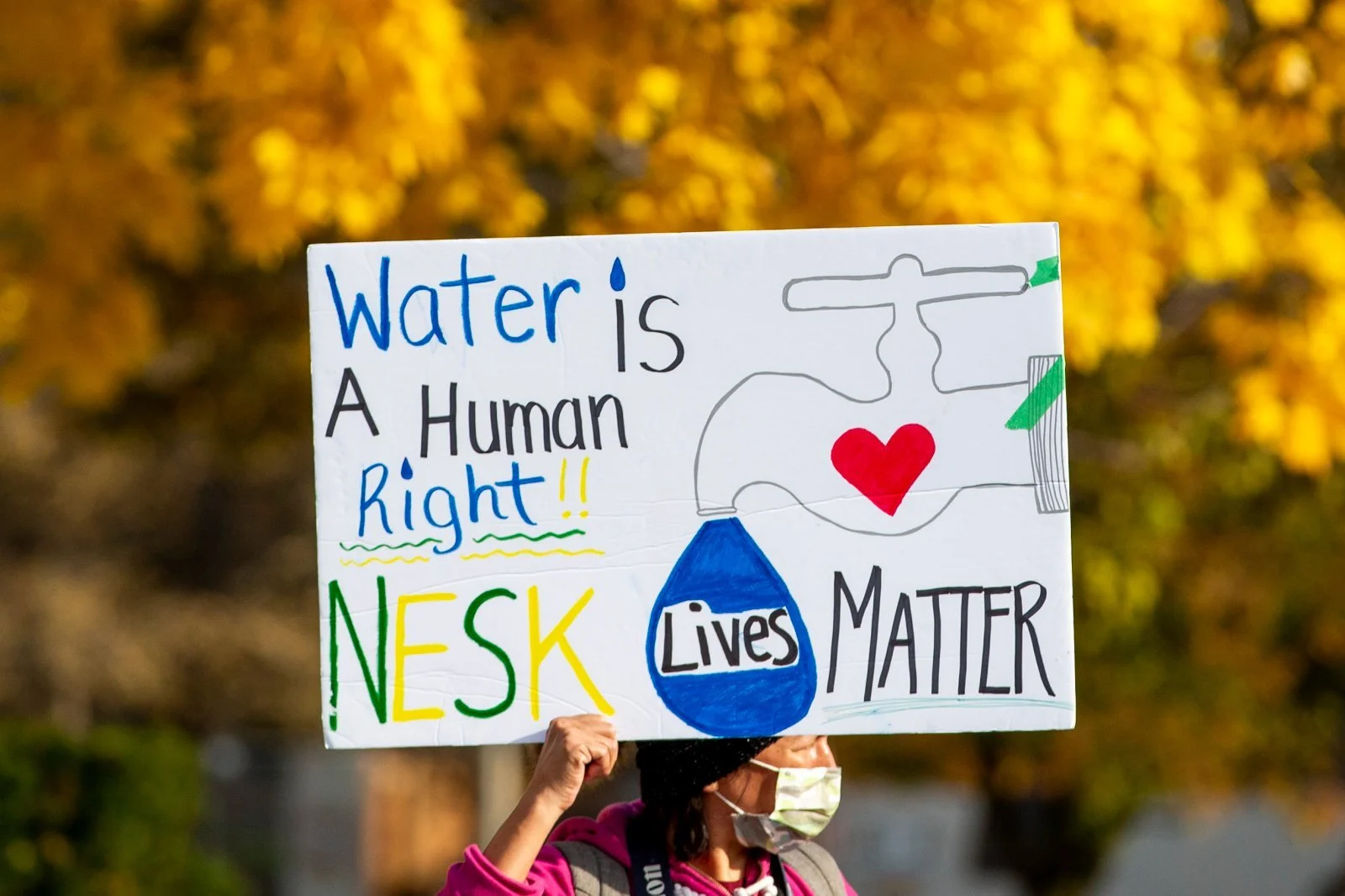Fifty years ago this month was the last time humans walked on the surface of the moon, during the Apollo 17 mission. NASA recently took the first major step in returning humans to the moon with the Artemis I mission. Orion is an exploration spacecraft used in the Artemis I mission and is the most powerful rocket ever built. On Dec. 11, the uncrewed spacecraft returned to Earth after 25.5 days in space. With this mission, Canada is poised to embark on a new era of lunar exploration.
Morocco, Canada Exchange Water Governance Practices
Rabat - Morocco and Canada will organize a joint event to discuss the dynamic role of the North African country in advancing sustainable development in Africa with a focus on water governance practices. “To celebrate 60 years of diplomatic relations between Morocco and Canada, @uOttawa in collaboration with @MoroccoOttawa [embassy] are organizing a scientific day on Tuesday, May 10, 2022,” the University of Ottawa (uOttawa) tweeted on Friday.
Sewage science: how experts use wastewater to track COVID-19 in Sask.
Wastewater data has proven to be useful in the management of COVID-19 in Saskatchewan. So, yes, scientists have been looking at your poop. But how does the process work? Universities, cities, and utilities providers have teamed up to share data with the public and Saskatchewan Health Authority. In Regina, two biologists head up the team that looks at these samples: Tzu-Chiao Chao, a molecular biologist and Nicole Hansmeier, a microbiologist. Both are professors at the University of Regina.
‘Rapid and dramatic change’: U of S project aims to improve climate change predictions in western, northern Canada
The University of Saskatchewan (U of S) is hoping to improve western and northern Canada climate change predictions. Findings from the Changing Cold Regions Network (CCRN) – a collaboration between several universities, led by the U of S – suggest that climate change is making future extreme weather events difficult to predict. These disasters, such as wildfires or floods, will likely become more common and more severe, according to U of S research associate Chris DeBeer, the science manager for CCRN.
First Nations workers in Sask. sacrifice wages, vacation to run underfunded water systems
Rebecca Zagozewski is the executive director of the Saskatchewan First Nations Water Association, a non-profit organization that works to build First Nations’ capacity to take care and control of their own water services. She says recruitment and retention of water treatment plant operators is a “real problem” on Saskatchewan First Nations, largely because they often can’t pay operators competitive wages.
How colonial systems have left some First Nations without drinking water
Rebecca Zagozewski, executive director of the Saskatchewan First Nations Water Association, said she has seen contractors save on costs when building water treatment plants on reserves by using obsolete parts and failing to include maintenance manuals, ventilation or chemical rooms, and bathrooms. “Engineering companies will put in their bids obviously as low as they can go,” said Zagozewski.
How microbes could help clean up Nova Scotia's abandoned mines
Researchers from three Maritime universities are hoping microbes collected from the bottom of a lake near an abandoned gold mine in Dartmouth, N.S., will provide a model for how to clean up contaminated sites across the province in a quicker and less-intrusive way. Last May, a research team took a boat to the middle of Lake Charles, not far from the former Montague gold mine, where extensive mining took place from 1860 to about 1940.
Liberal MPs call on Ottawa to tackle ‘national public health crisis’ of lead in drinking water
A group of federal Liberal MPs are asking their government to invest up to $400 million to combat the “health crisis” of lead-contaminated drinking water which was exposed in communities across the country by a national investigation by 10 media outlets, including Global News and the Toronto Star. An open letter written by Hamilton MP Bob Bratina says the government “can and must” direct a portion of infrastructure spending designed to revitalize the post-COVID-19 economy into the “national public health crisis we face in the form of lead-contaminated drinking water.”









